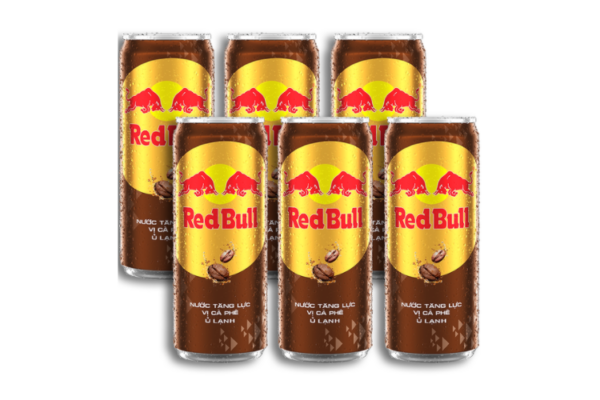Blog
How Much Coffee Is Too Much?
Coffee has long been part of daily rituals for many people. Not only is it great for an energy boost, but recent research has linked low to moderate coffee drinking to numerous health advantages – including decreased stroke risks, cardiovascular disease mortality, certain cancer deaths and reduced risks of liver disease and Alzheimer’s.
But the question still lingers: just how much coffee should one consume daily? To explore this further, researchers analyzed data from 468,629 participants of the UK Biobank who self-reported their daily coffee intake and self-reported any risks of high blood pressure, coronary artery disease or stroke associated with their habit. Those drinking more than six cups a day had higher risks; those who consumed six or less cups daily actually had reduced risks.
Researchers discovered that those who consumed coffee early in the morning had lower risk than those who consumed it later in the day, suggesting that timing may play a key role for heart health. Furthermore, younger adults who exceeded 28 cups weekly of coffee consumption (about four 8-ounce cups a day) saw their risk of death increase twofold from any cause, such as cardiovascular disease or cancer.
The authors of this study recognize that it’s unclear why younger adults who consume over 28 cups of coffee each week are at increased risk of death; many factors could play into this equation. But they point out that this research serves as a “first step” toward understanding any correlations between coffee intake and cardiovascular diseases such as heart attacks or strokes.
Other studies have also demonstrated that individuals who consume three to five cups of coffee daily are at reduced risk of diabetes, Type 2 diabetes and certain cancers as well as heart disease. But experts caution against excessive coffee consumption if you already have heart conditions.
To maximize the benefits of your coffee drink, be mindful when selecting and preparing it. Grinding and brewing them yourself may reduce oxidation rates while milk and sugar may actually negate some of its beneficial properties.
Coffee may provide the boost you need, but don’t rely on it as an alternative way to get essential nutrients and limit caffeine consumption to 400 milligrams daily – the equivalent of two or three 12-ounce cups according to Mayo Clinic’s Center for Nutrition and Wellness.




